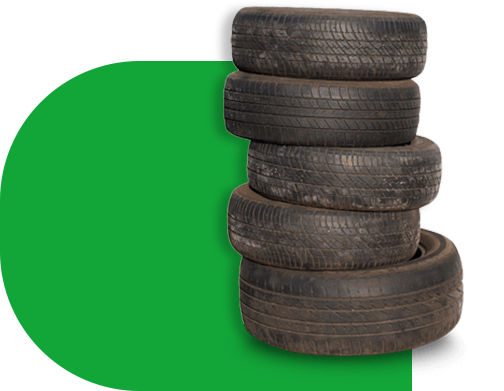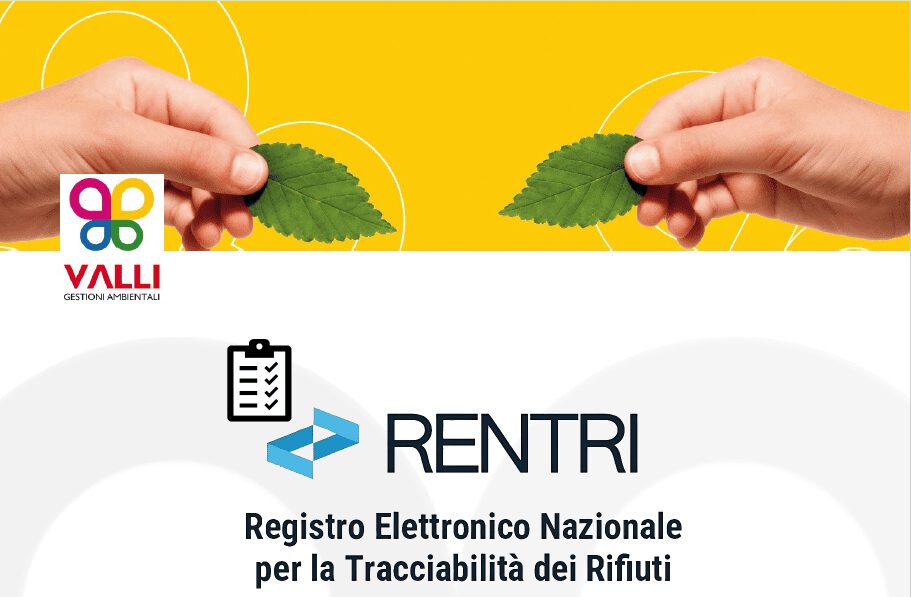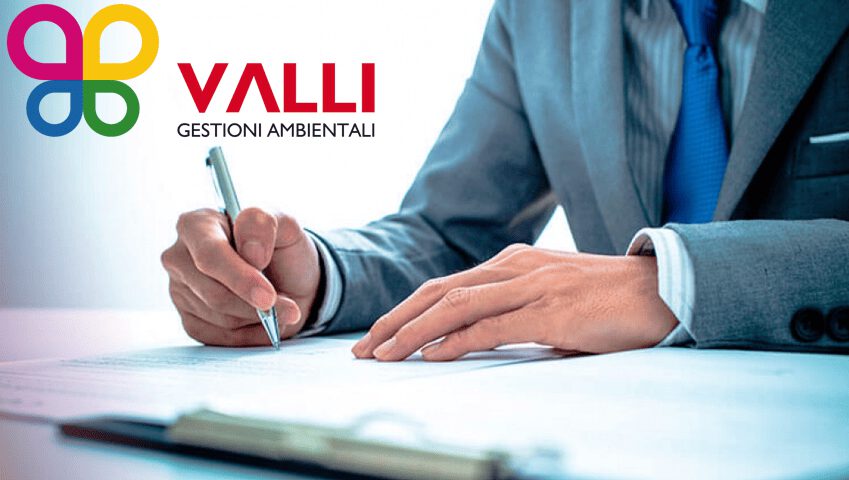Collection of End-of-Life Tyres

Since 2013, Valli Gestioni Ambientali has been collecting End-of-Life Tyres (ELTs) from registered companies, including tyre shops, service stations, mechanical workshops and other tyre replacement points, where ELTs are changed.
Valli and the End-of-Life Tyres (ELTs) collection service
Valli Gestioni Ambientali carries out the collection service of End-of-Life Tyres (ELTs) in various provinces of Lombardy, while in Valle d’Aosta, Piedmont and Liguria the collection is carried out through authorised subcontractors.
The ELTs collected are stored and sorted by size at authorised plants, then sent for subsequent treatment.
ELT collection: how to request the service
All economic operators in the so-called spare parts market, who replace tyres by generating End-of-Life Tyres (ELTs), can take advantage of the free ELT take-back service , provided that the operating procedures provided for (minimum quantities, methods of making available, reporting, etc.) are respected.
Companies interested in benefiting from the free ELT collection service can request information by filling out the form.
The path of End-of-Life Tyres (ELTs): from storage to recycling
- Storage: After removal from vehicles, ELTs are transported to specialised centres, where they are weighed, inspected and stored pending treatment.
- First crushing, creation of the “power strips”: ELTs are reduced into fragments between 5 and 40 cm in size, known as “power strips“, intended for energy recovery or secondary crushing.
- Second crushing, separation of materials: The slippers are further crushed to separate the different components of the tyre: rubber, steel and textile fibres. The rubber is then transformed into granules and powders, ready to be used in new products.
- Material recovery: materials obtained from the recovery process, including rubber chips (20-50 mm), rubber granulate (0.8-20 mm), rubber powder (< 0.8 mm), textile fibers, steel, are intended to be reused in numerous applications.
Applications of Recycled Rubber
- Recycled rubber in construction: the Ministerial Decree of 11 October 2017, as amended, included recycled rubber among the materials compliant with the Minimum Environmental Criteria (CAM) for public construction, with use in thermal and acoustic insulation.
- Energy recovery: ELTs are used in cement factories for their high calorific value, contributing to the production of energy and the recovery of residual materials, such as ash and steel. This approach reduces the need for virgin raw materials, offering environmental and economic benefits.
- Sports surfaces: recycled rubber is used to make football pitches, athletics tracks, flooring for gyms and play areas, thanks to its resistance and shock absorption capacity.
- Innovative materials: research has led to the development of new thermoplastic materials that combine the elasticity and vibration-damping performance of recycled rubber with the practicality of thermoplastic polymers, offering eco-friendly solutions for industry.
Why choose Valli Gestioni Ambientali
One of the distinctive features of Valli Gestioni Ambientali is the strong orientation towards environmental sustainability. The company adopts practices aimed at reducing the environmental impact of construction waste, actively promoting the recovery and recycling of materials, whenever technically and economically possible. This approach makes it possible to: preserve natural resources, reduce the ecological footprint of building projects, promote a circular and responsible development model.
Valli Gestioni Ambientali offers highly customized services, designed to meet the specific needs of each customer, both for small renovations and for large construction or infrastructure sites. The company constantly invests in cutting-edge technologies, to: optimize operating times and costs, reduce environmental impact, improving traceability and quality of service. From initial consultancy to document management, up to recovery or final disposal, Valli Gestioni Ambientali accompanies the customer at every stage of the process. Our team provides assistance in compiling documentation, advice on best waste management practices, a dedicated customer service, always available for clarification and support.
Customer satisfaction is at the heart of our mission, and is reflected in the high quality standard of the services offered. Choosing Valli Gestioni Ambientali means relying on a partner: expert and qualified, reliable and transparent, attentive to the environment and innovation.
Take part in a virtuous process that transforms waste into resources. For example, rubber can be recovered and reused in new production cycles, contributing to environmental protection. Fill out the contact form to receive more information and get a free consultation.



